Raising your hand for the easy questions, so that the teacher won't bother you for the hard ones later
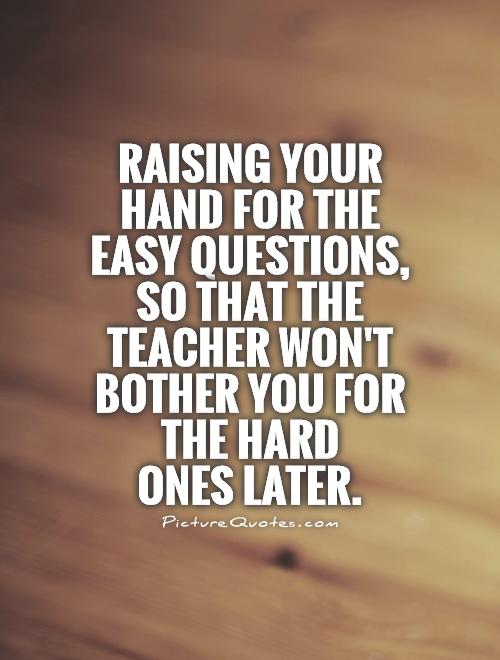
Raising your hand for the easy questions, so that the teacher won't bother you for the hard ones later
In a classroom setting, there is often a mix of students who are eager to participate and those who prefer to stay under the radar. For some students, raising their hand for the easy questions can be a strategic move to avoid being called on for the more challenging ones later on. This tactic may seem like a way to fly under the teacher's radar and avoid being put on the spot, but it can actually hinder a student's learning and growth in the long run.When a student consistently raises their hand for the easy questions and avoids the more difficult ones, they are missing out on valuable opportunities to stretch their thinking and deepen their understanding of the material. By shying away from challenging questions, students are limiting their own potential and preventing themselves from fully engaging with the material being presented.
Furthermore, by only participating in the easy questions, students are not fully contributing to the classroom discussion and may be inadvertently sending the message to the teacher that they are not capable of handling more complex tasks. This can lead to missed opportunities for the teacher to provide additional support and guidance to help the student grow and improve.
Additionally, by avoiding the hard questions, students are not developing important critical thinking and problem-solving skills that are essential for success in school and beyond. These skills are best developed through practice and exposure to challenging tasks, and by opting out of the hard questions, students are depriving themselves of the chance to build these crucial skills.


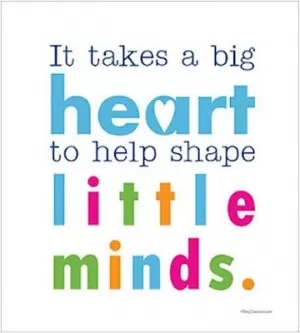

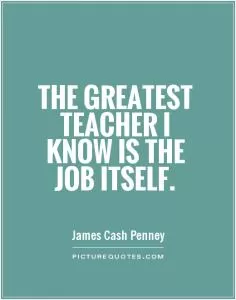
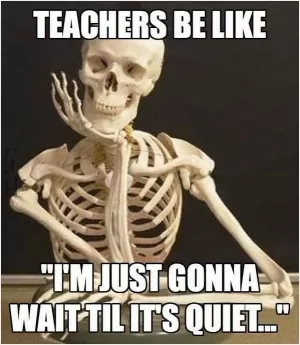
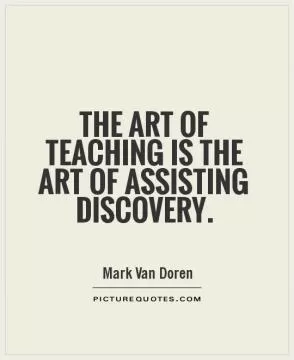
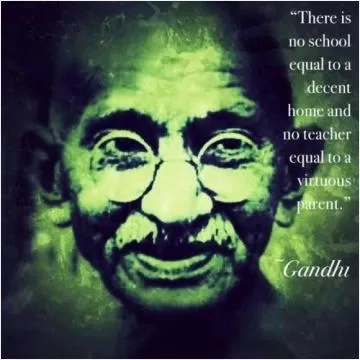


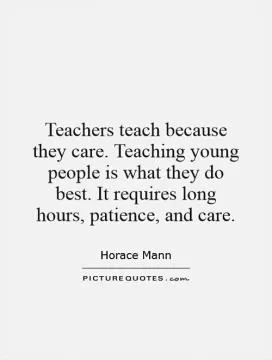

 Friendship Quotes
Friendship Quotes Love Quotes
Love Quotes Life Quotes
Life Quotes Funny Quotes
Funny Quotes Motivational Quotes
Motivational Quotes Inspirational Quotes
Inspirational Quotes